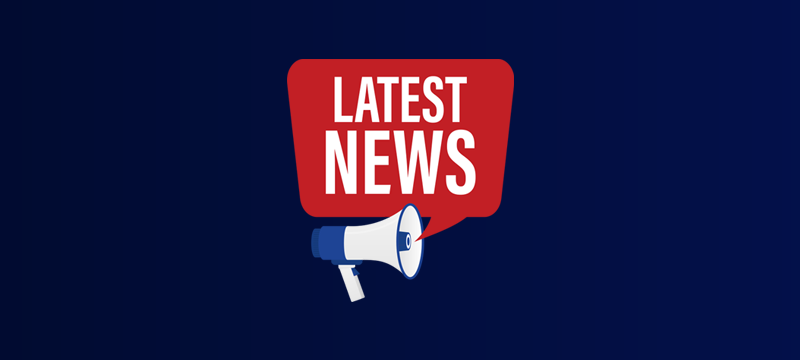Catch up on this week’s round-up of the latest hosting and tech news. Here’s what we’ve uncovered since our last edition.
cPanel fixes security flaw
cPanel has fixed a vulnerability that could have allowed attackers to bypass its two-factor authentication and carry out brute force attacks. Researchers at Digital Defense who discovered the flaw said that it enabled an attack to be accomplished in minutes, giving cybercriminals access to a website’s management tools from where they could compromise the site.
In an advisory, cPanel said that its two-factor authentication security policy failed to stop attackers from repeatedly submitting 2FA codes. As a result, this could allow them to bypass the 2FA check using brute force techniques.
cPanel users should be assured that a fix has now been applied. From now on, incorrect 2FA codes will be treated as the equivalent of a failed password validation attempt.
UK is a global AI leader
According to a recent Tech Nation report, the UK has the second-highest number of AI companies in the world, just behind the US, and is the third biggest investor in artificial intelligence after the US and China. Investment in UK AI companies reached record levels during 2020, twice the amount spent in France, Germany and the rest of Europe.
AI seems to be taking off across the whole of the country, too. This year saw 29 new businesses added to the UK’s Applied AI growth programme and these were based as far south as Exeter and as north as Glasgow, as well as in places like Bristol, Oxford, Cambridge, Cardiff, Gateshead and Manchester.
When it comes to filing AI patents, however, the UK and Europe are still way behind China, USA and South Korea, with Samsung, IBM and Tencent leading the business race. Last year, China saw 100,000 AI patents filed compared to only 5,000 in Europe.
Hi-tech cow farming
Irish start-up, Cainthus, is looking for additional funding to extend the development of its advanced farming automation technology. The company’s software uses facial recognition and hide markings to visually identify individual cows, allowing it to monitor their food and water intake, behaviour and temperature. It then analyses the data to give farmers insights to help improve animal health, increase milk production and better manage reproduction.
Using AI, the technology only takes seconds to identify individual cows using facial features, individual markings and movement. Data is gathered using 24-hour cameras and sensors on the farm and is then uploaded to the cloud for analyses. Farmers can access the data and obtain its insights from the software’s web and app-based dashboards.
Octopus swims to the cloud
Octopus Energy has quickly established itself as one of the UK’s leading green energy companies, generating 1.5 million customers in just 4 years and becoming the Which? recommended provider three years in a row. With the company set to expand beyond the UK, it has taken the decision to migrate its IT to the cloud.
The migration will see the energy supplier make use of the cloud’s scalability and security while utilising its analytics, compute, database, ML and storage services to improve customer experience and support its international expansion.
A new cloud-based customer service platform has been developed that will help customer support teams be more productive and provide them with customer journey maps that enable queries to be dealt with via a single dashboard. This enables Octopus Energy to offer personalised advice to more than 65,000 customers at a time while only needing ten staff. As a result, it can cut customer service costs by more than half.
Additionally, Octopus will use advanced cloud technologies to discover insights about energy consumption across its business, using neural networks to analyse household smart meter data, looking at usage rates throughout the day. This will enable the company to forecast energy consumption across its network and help it buy wholesale energy cost-effectively when it is needed.
Ransomware costs IT outsourcer £44m
French IT outsourcing company, Sopra Steria, a supplier to the NHS, has said that a recent ransomware attack would cost it in the region of £44m. The company, which spends £27m a year on IT insurance, stated that the large costs were due to both the unavailability of their services during the attack and the costs of remedying the Ryuk ransomware infection.
Ryuk is a common type of ransomware which is currently being targeted at around 80 organisations every month. Although the attack compromised Sopra Steria’s infrastructure and encrypted parts of its network, the company’s IT and cybersecurity teams were quickly able to prevent the damage spreading to other parts of its infrastructure, helping to protect its customers.
Visit the WHUK website for more news, knowledge base articles, blog posts and information on our wide range of hosting services.


